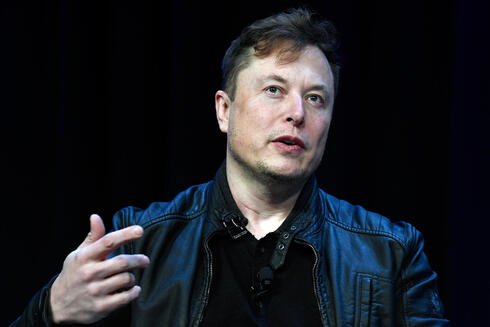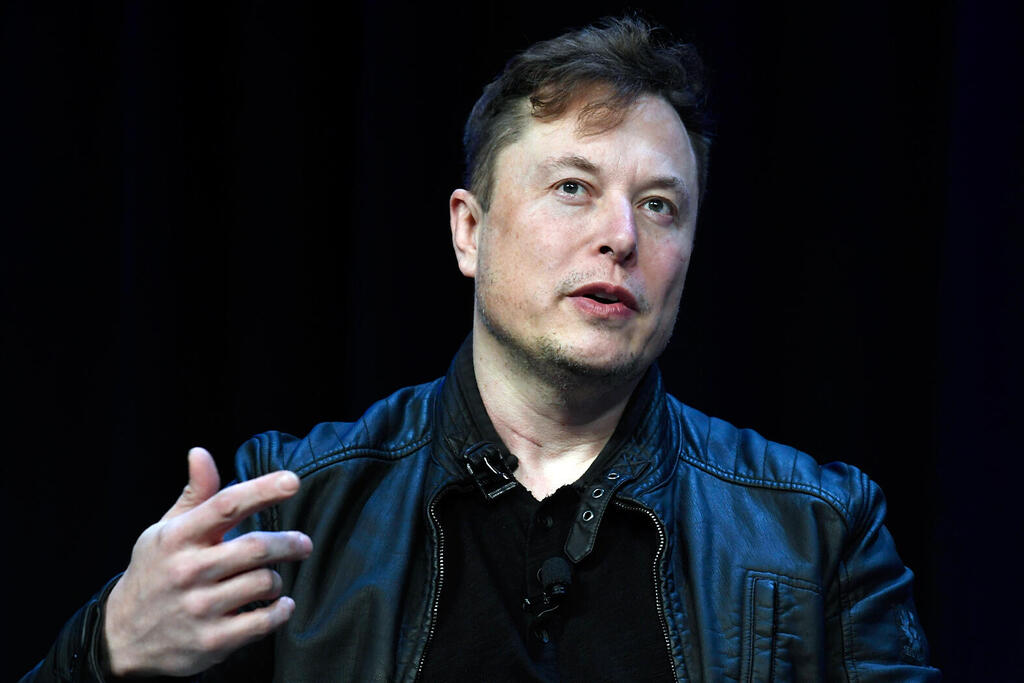
Elon Musk's new mission: Understanding the universe with AI
Musk unveiled his latest venture, xAI, which aims to develop a machine with full AGI by 2029
Elon Musk has set his sights on a new goal: to understand the true nature of the universe. He revealed this challenge during a Twitter Spaces event over the weekend while discussing his newly launched artificial intelligence company, xAI. Musk and the company's core team have expressed their goal of creating artificial intelligence that surpasses human intelligence in order to comprehend the universe. The company is led by its 12 founders, all men and mostly white.
Despite the 90-minute live event, which was listened to by approximately 30,000 people at its peak, many details about the company and its activities remain vague. The overarching purpose of xAI is supposed to be to help humanity tackle various problems, such as understanding dark matter and unraveling the mysteries of gravity. Musk emphasized that the ultimate goal of xAI is to build a strong Artificial General Intelligence (AGI) capable of comprehending the universe.
Musk estimated that by 2029 they will have developed full AGI, a machine possessing consciousness and other cognitive abilities that enable it to perform tasks without prior training or explicit guidance. This AGI would possess language skills and grasp abstract concepts. The pursuit of AGI has been speculated upon since the 1950s, with earlier projections suggesting its realization within a few decades. However, constructing such a system remains a mystery, and progress has been limited since Alan Turing's initial efforts in the 1950s.
The xAI team currently includes Igor Babushkin, a former engineer at DeepMind (now a division of Google), Tony Wu and Christian Segadi, former Google scientists, and Greg Young, formerly of Microsoft. Some employees previously worked on ChatGPT at OpenAI. The announcement is surprising given Musk's recent warning letter and impending lawsuit against Mark Zuckerberg's Meta, in which Musk accused Meta of recruiting former Twitter employees for their competing platform, Threads.
Musk devoted considerable time to discussing his "long-standing commitment" to developing AGI safely. He recounted conversations with Google founder Larry Page, which ultimately led to the founding of OpenAI as a nonprofit initiative to foster open-source, non-targeted AI. However, OpenAI transitioned into a profit-driven company, prompting Musk to establish xAI, with the hope of preserving its original mission.
Several months ago, Musk announced his intention to establish a company to rival OpenAI, the company behind ChatGPT. He referred to it as TruthGPT, a "truth-seeking artificial intelligence" designed to comprehend the universe. Consequently, xAI is expected to develop a chatbot to compete with ChatGPT, Google's Bard, and Meta's LLaMA.
Musk criticized existing chatbots during the event, claiming they were overly "politically correct" and asserting that his AI would deliver "truth" even if it might "hurt people."
However, the initial public interest in these chatbots has waned in recent months. Reports indicate a 9.7% decrease in the use of ChatGPT, highlighting the limitations of these products. Musk expressed his belief that xAI could create a superior alternative to Google, Microsoft, and DeepMind's offerings.
In recent weeks, Musk alleged that competing companies resorted to mining Twitter data to train their models, which led to his decision to limit users' exposure to tweets. Nonetheless, Musk clarified that xAI would utilize tweets for training purposes, accompanied by significant computing power to develop their model.
It is worth noting that artificial intelligence models consume substantial amounts of energy. The International Energy Agency reports that language models and data centers contribute to 1% of global carbon emissions.
Musk has long been invested in organizations that consider artificial intelligence an "existential threat" to humanity's future. This concern is not only due to the extensive human and material resources, rare metal mining, labor practices, and energy requirements associated with AI models, but also because of the potential for surpassing human capabilities.
In 2017 he founded Neuralink, another company aimed at addressing these perceived threats, stating, “The existential danger is too great."














